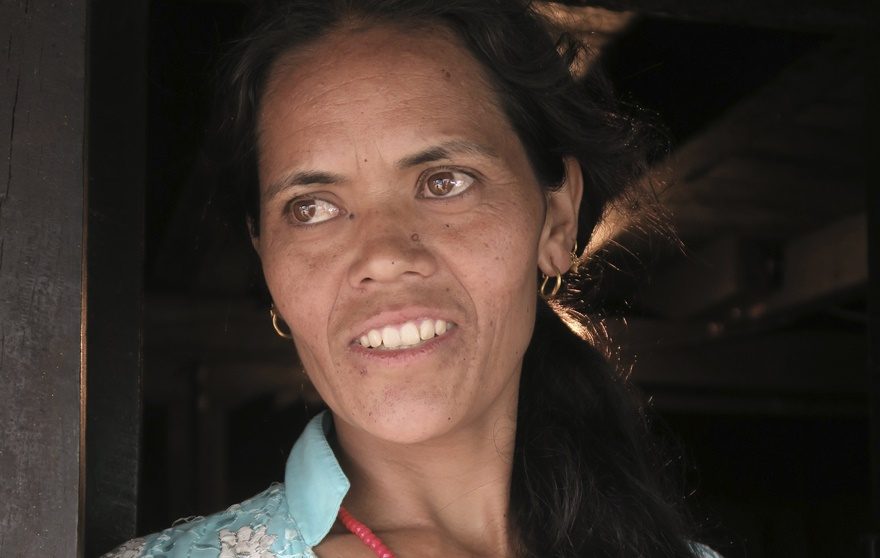Gita became a successful entrepreneur

Before year 2009, a large number of women living in the central Nepalese village of Bhardeu had never been to the country’s capital city. The village was their world. Things changed when Women’s Bank began work in the village nine years ago, offering loans on a small scale. Bhardeu is one of the first places Women’s Bank started projects in.
Gita Shrestha, 35, is a woman from Bhardeu village. The story of her development is impressive. In 2010 Gita began growing onions next to her house, although her parents-in-law who lived in the same household were at first against such “modern madness”. When the onions started to bring in some income and when the benefits from cultivation experiments started to show also in other households in the village that took part, their attitude changed.
Next Gita expanded her business by building a greenhouse for growing tomatoes. She became a member of the village savings and loan group and joined the cooperative once it had started to operate.
In seven years, the shy young woman has grown into a successful entrepreneur who makes decisions as an equal partner to her husband. Gita also became a member of the board of the village’s credit union and acts as a spokes woman for the village.
Gita’s husband’s support has been key to her success but so has the equality they now share between them. The respect they have for each other shows in everything. The family’s teenage son also says that his father and mother discuss important decisions together.
The majority of the family’s income comes from agriculture and its by-products. Production has been designed according to the principles of circular economy so that all waste can be made use of.
These days Gita and ten women living in Bhardeu have a vermicomposting company which produces certified organic fertilizer for the consumer market. The women pack the nutritious compost into two-kilo packages and sell it to the capital city’s wealthy home gardeners. It is clear that Gita is proud of the company.
–All the children in the family receive a good education and they also see a good example of parents working together, says Gita.
When Gita speaks of wealth, she does not just speak about money but also about new ideas and possibilities, about change for the better. This is the kind of wealth that Women’s Bank wants to support through its work.
Edited by Kaisa Arkkila, based on the material collected by Ulla Sarasalmi. Translated from Finnish to English by Tuuli Charalambous.
